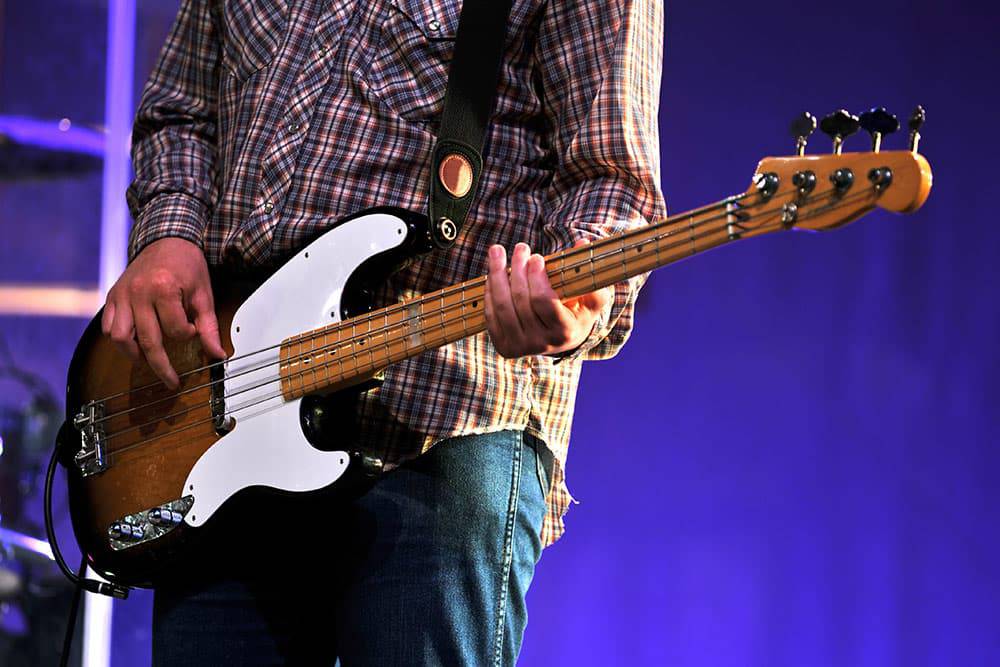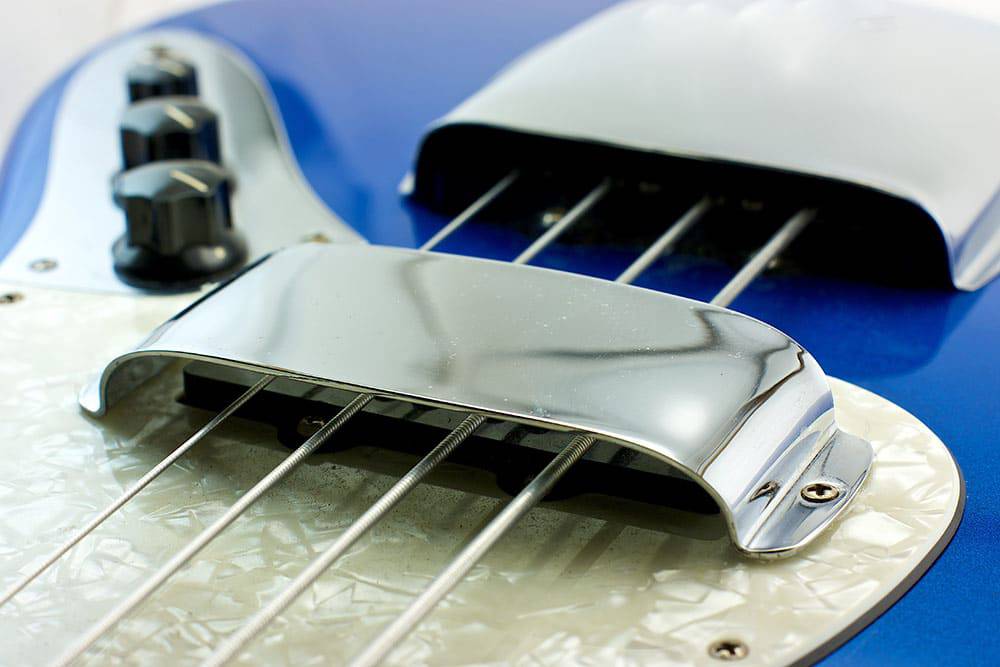How to Practice Bass Guitar and Build Strength

Learning a skill can be quite difficult. But with a little practice, however, there can be significant progress made. One skill that follows this base principle is the bass guitar. Learning how to play this instrument requires passion, discipline, as well as an open mind. The experience can certainly be rewarding and can bring a spark of fun in your life. Get ready to learn how to play the bass guitar as it is a crucial way to build strength. The strength is in the form of mental acuity and physical strength in the fingers, wrists, and arms
Believing in Your Ability to Learn Bass Guitar
The first step of learning the bass guitar is to set goals. Setting goals and following them requires mental strength and discipline. To facilitate this process, goals can be integrated into daily routines to maximize results.
An example would include learning how to play each note and practicing the basics. The basics are important to learn as they stay consistently useful throughout the many songs that will be learned and played. The basics lay a foundation, and the better the basics are learned, the better the bass guitar player can learn other aspects of playing the bass guitar.
This is as essential as making sure that progress is measurable. Measurable goals allow those learning to stay motivated and continue making progress in their instrumental learning journey.
Recording goals as well can often be helpful. A journal can be kept or made to make sure that progress is made in some way. Journals also provide the learner with a sense of purpose. Purpose gives learners a reason to keep trying because it allows them to become the bass player that they want to be.
Furthermore, being organized is also important when learning to play bass guitar. Some do this by tracking their progress and lessons using productivity applications. Others may use film and video as well to stay organized and keep a journal of their progress.
Being Organized and Being Prepared
In many disciplines, organization is the key to success. This is also true for learning bass guitar. Recognizing the countless notes, strings, tunes, and more are important in creating original songs or just learning to play the song of others. Staying organized is something that is recommended either digitally or physically. In a digital sense, it is convenient to keep progress using productivity applications or video recordings. Some keep journals by coupling both together. This is one of the most effective ways to keep progress when learning bass guitar. Alternatively, written progress, such as journals, can also be done. This is a less expensive way to keep progress when learning to play bass guitar.
Staying organized is important, but what is also important is having the right equipment. By having the right equipment injury can be avoided. Picks help with avoiding getting cuts on the fingers from playing bass guitar for a prolonged period of time. An amplifier can also be used to increase the sound on a bass guitar. The strap is another piece of equipment to take the pressure off of the other arms when playing the bass guitar. A shoulder strap helps with this process. A tuner is a handy tool to use as well. A tuner is used to make sure each string is supposed to sound the way they are supposed to. Lastly, a comfortable place to sit is also important to have when learning how to play bass guitar. Bass guitar, like any instrument, takes time to learn.

Warming up and the Importance of Managing Time
Going through some warm-up drills when learning bass guitar is also important. Warm-up drills give the fingers arms the coordination they need to play the notes that are required for the lesson. Without a warm-up, it is also easier to get injured when playing bass guitar. To avoid injuries as well, it is important to make sure adequate time is given when warming up. In this sense, time management plays a key role in warm-ups as well as the entirety of the bass guitar lesson. With time management and planned lessons learning will be guaranteed.
Often the most successful breakdown of the guitar learning process involves time dedicated to five sections of bass lessons. Time allotted for warming up scales is once again important to prevent injury when practicing.
Keep in mind that each practice session should have a goal. Feel free to write the goal down or make a mental note of it. Make sure to note the amount of time spent on each goal as well. If there is extra time left over after all of this, it is important as well to note how this additional time will be spent.
Lastly, it is important that time is set aside for the cleanup of the materials used for bass guitar practice. Through this whole process, mental acuity once again finds its way to the forefront. Through this whole process, it is important to focus while learning to play the bass guitar instrument.
Make Sure to Learn From Others and Have Fun!
Bass guitar is a great instrument to learn. While it is important to stay focused and plan learning sessions, still remember to learn from peers. By surrounding oneself with like-minded individuals, significant progress can be made in moving forward.
Learning from others can also help with filling in the cracks and missed areas in learning. In this way, a fuller skill set can be achieved with the bass guitar. Instrument playing is a fantastic way to express oneself. It is certainly an underrated process and mode of strengthening oneself. Learning bass guitar is a challenging instrument to learn, but at the same time, it presents many opportunities for personal growth. The bass guitar is one of the numerous instruments found around the world. Learn how to play an instrument today.

